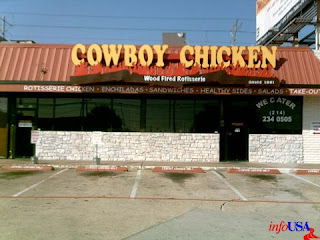The story “Better Half,” by Sana Krasikoy tells the story of a 22-year-old woman named Anya, who is going through the process of leaving her husband, Ryan, with the help of a lawyer named Erin. The couple has only been married ten months. The story starts off with a glass jar being thrown at the narrator by her husband during a fight. This really depicts the relationship throughout the whole story; it seems like nothing more than glass, bound to shatter. The marriage wasn’t based on love. Though there was an emotional relationship, the marriage was established as a “favor” to “marry now and sort out their feelings later.” The couple experiences fight after fight where Anya forgives her husband time and time again. Berenice, a Salvadorian at a restaurant where Anya is working, says that “trying to escape your tedious fate only led you back to it,” and at this point I thought that the story was going to be about how Anya cant escape her abusive relationship. Then Ryan physically hits Anya over her “working papers.” This is the final straw. Anya moves out and gets a restraining order against Ryan, and yet she still gravitates to him. She even invites him into her new home where they have sex. Ryan buys Anya flowers, and a juicer, and just when things look as if they are about to turn around, a fight breaks out. Ryan leaves and Anya eventually moves to New York where she begins taking a marketing research class at Brooklyn College. Though Anya still thinks she sees Ryan in complete strangers, the reader finally gets a feeling that she has broken the cycle, and that she has finally found peace.
Vocabulary:
Excavated- to make a hole or channel by digging
Ambivalent- having mixed feelings or contradictory ideas about something or someone
Confluence- the act or process of merging



